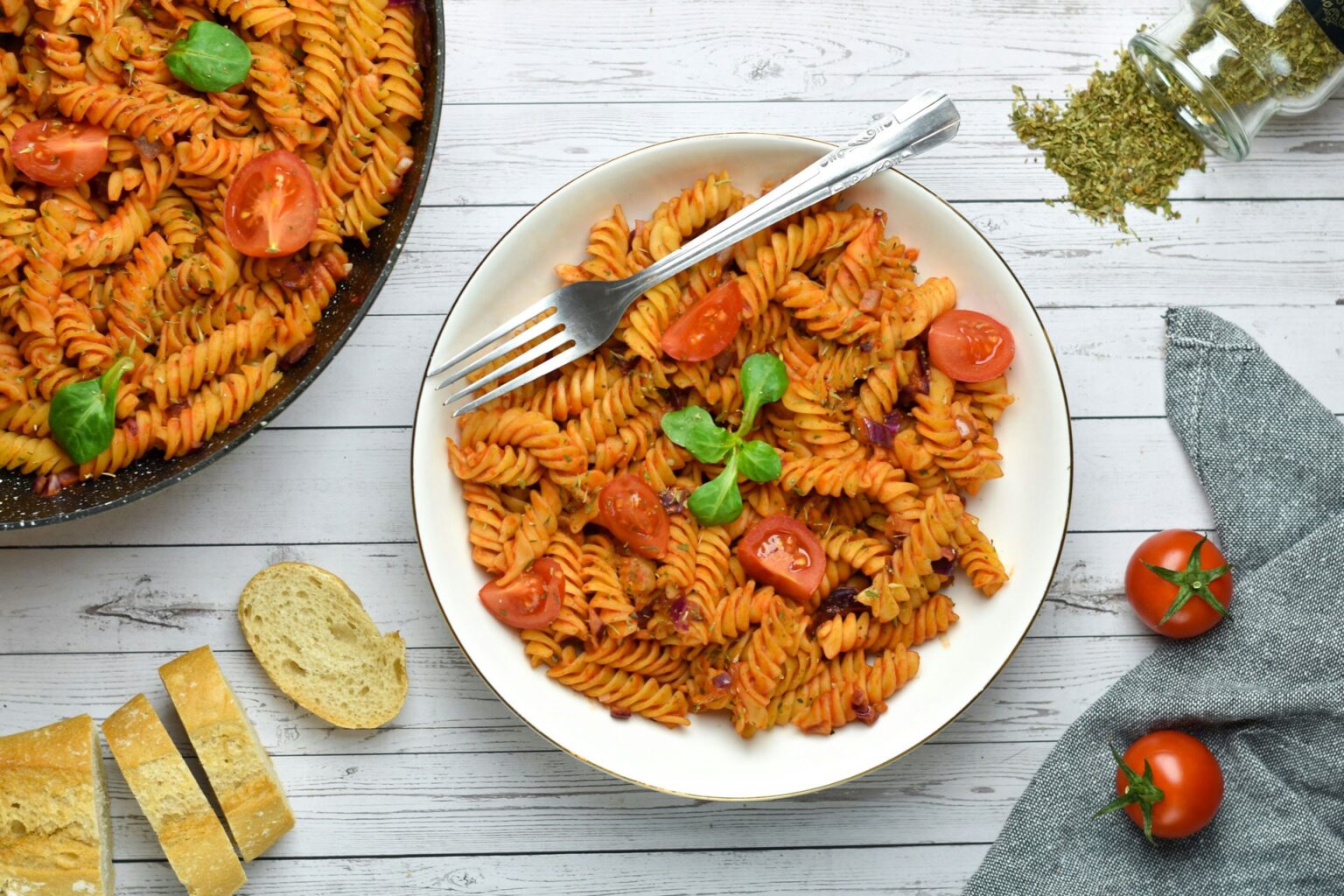Every marathon runner understands that their success hinges not only on dedicated training but also on their dietary choices. In the lead-up to race day, what you eat plays an essential role in fueling your body for the daunting 26.2 miles. While each runner has unique nutritional needs, there are fundamental guidelines that can enhance your performance. Georgia Chilton, Senior Nutritionist at Fresh Fitness Food, presents her expert marathon nutrition advice, detailing what to eat before, during, and after the London Marathon.
Essential Nutrition for Marathon Runners
Weeks Before the Marathon
The first step to a successful marathon is ensuring adequate calorie intake to support your energy expenditure. According to Chilton, ‘If calorie consumption is insufficient, both training and recovery will suffer.’ A lack of proper nutrition can lead to low energy levels and a higher likelihood of injuries or illness.
Chilton advises against adopting a low-carbohydrate diet in the weeks leading up to the marathon. Additionally, she emphasizes the importance of reducing processed foods and alcohol intake, which can negatively impact performance.
Three to Five Days Before Race Day
In preparation for the marathon, it’s crucial to eat complex carbohydrates throughout the week rather than relying on a single large meal the night before. ‘Athletes often make the mistake of having an oversized dinner, which doesn’t allow for proper digestion and can leave you feeling bloated the next morning,’ Chilton warns.
Instead, aim to incorporate a variety of carbohydrates into your meals for three to five days prior. Maintain your regular calorie intake, but increase your carbohydrate volume to about 70% of total consumption, focusing on whole food sources like whole grain pasta, rice, and legumes.
Two to Four Hours Before the Marathon
Chilton emphasizes the importance of a high-carbohydrate breakfast three to four hours before the race to keep glycogen levels topped up. ‘Give yourself enough time for digestion, as well as to visit the toilet before the race begins,’ she advises. A reliable pre-race breakfast could be overnight oats or a bagel with peanut butter and banana.
Hydration is equally critical during this period. ‘For every gram of glycogen stored, your body retains approximately 3 grams of water. So, it’s normal to gain a bit of weight during carb-loading – this means you’re effectively preparing for race day!’ Chilton asserts.
During the Race: Fueling Strategies
As you race, finding the right fuel can be personal; some runners prefer energy gels, while others may experience stomach discomfort from them. Chilton suggests that athletes consume between 30-60 grams of carbohydrates per hour. If gels upset your stomach, consider alternatives like protein bars or even jelly babies.
While there will be food available at aid stations, it’s essential to come prepared with your preferred fuel. Avoid trying new foods on race day; stick to what you’ve practiced during training.
Post-Race Recovery
After completing the marathon, the focus shifts to recovery. ‘You may not feel immediately hungry, but it’s important to consume something nutritious post-race, like a shake or smoothie,’ advises Chilton. These can provide a quick nutrient boost.
When your appetite returns, prioritize meals that include carbohydrates to replenish muscle glycogen and proteins to start the muscle repair process. Don’t forget to rehydrate, as you’ll likely be quite dehydrated after the long run—be especially mindful if you celebrate with alcoholic beverages.
Incorporating these nutrition tips into your marathon training regimen can help ensure your success on race day. For more insights on healthy eating, consider exploring additional resources on food and nutrition.
